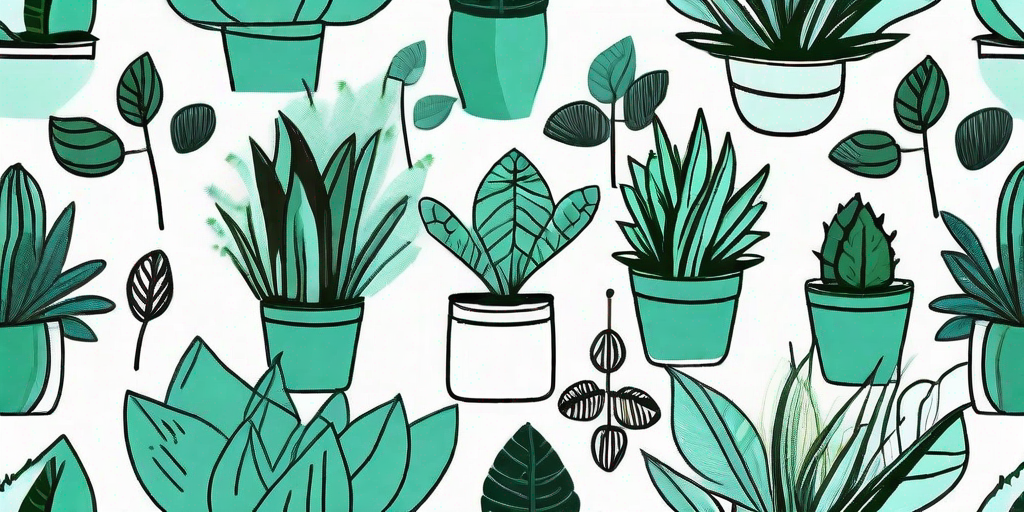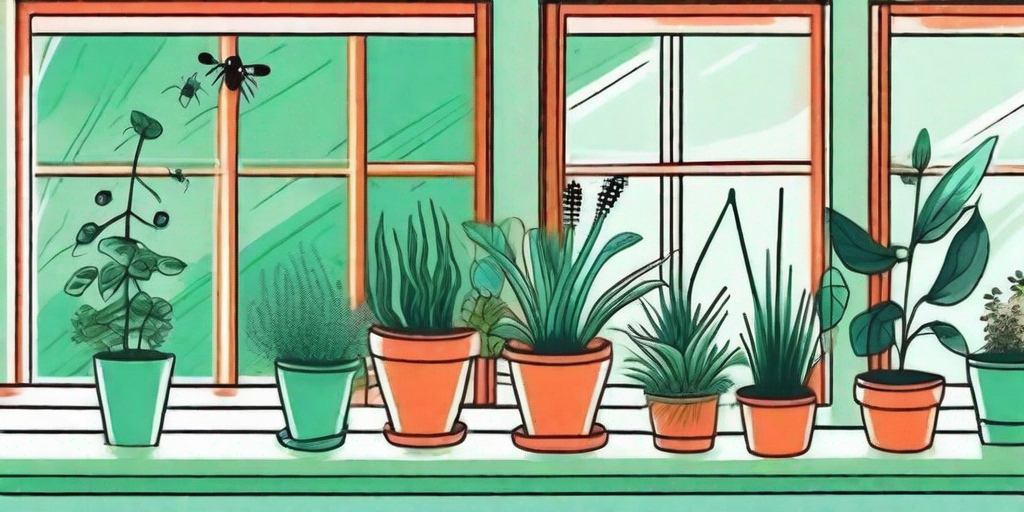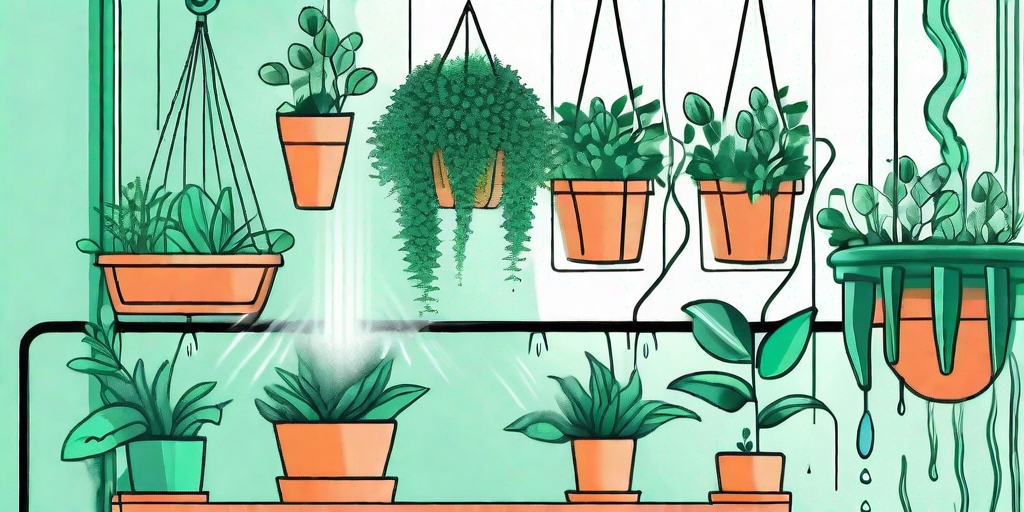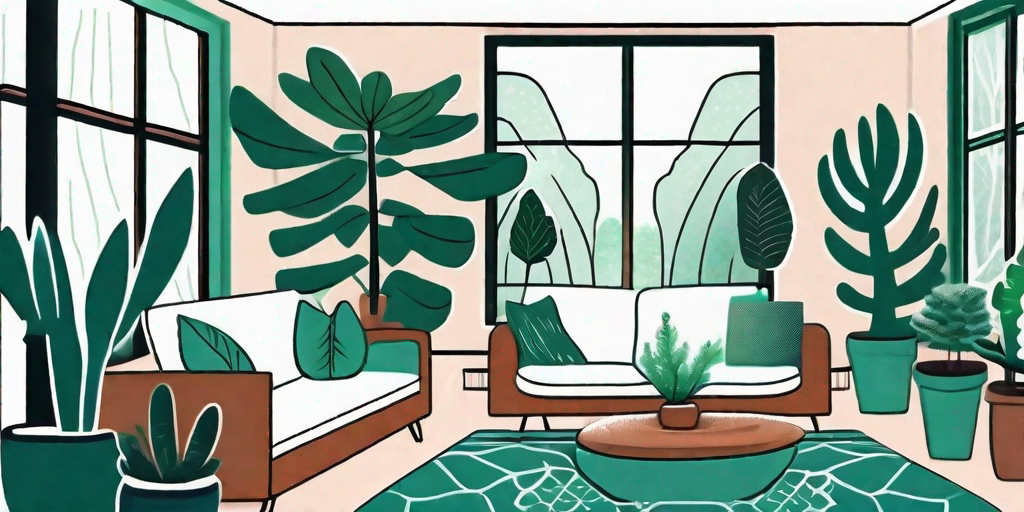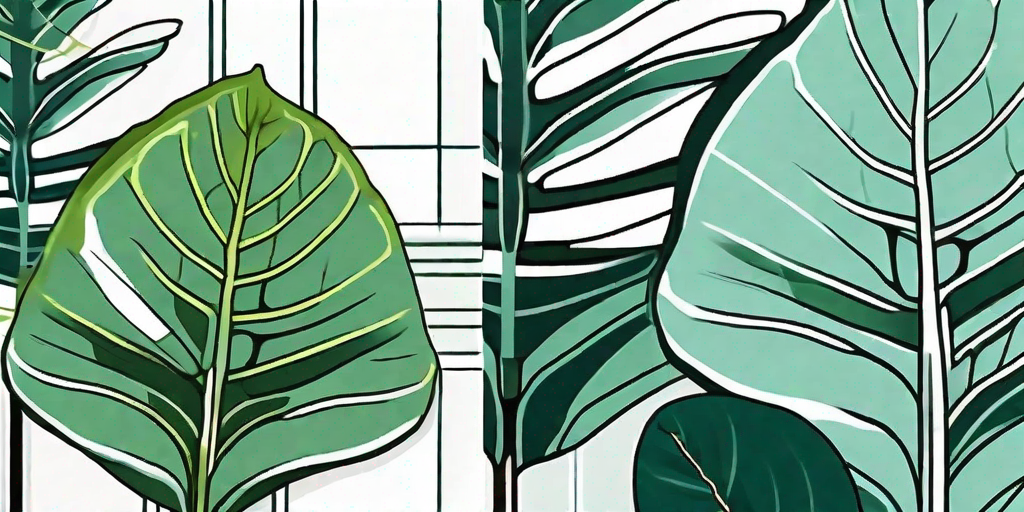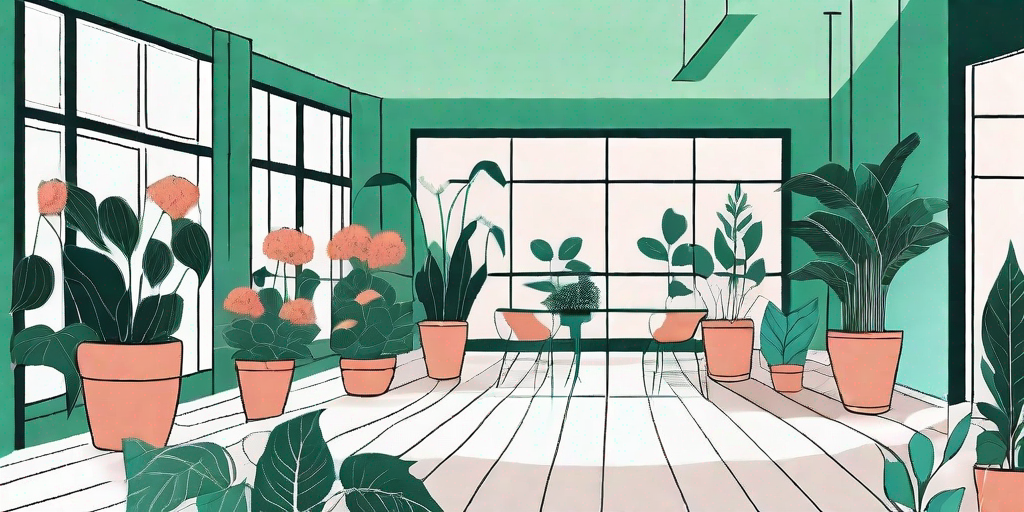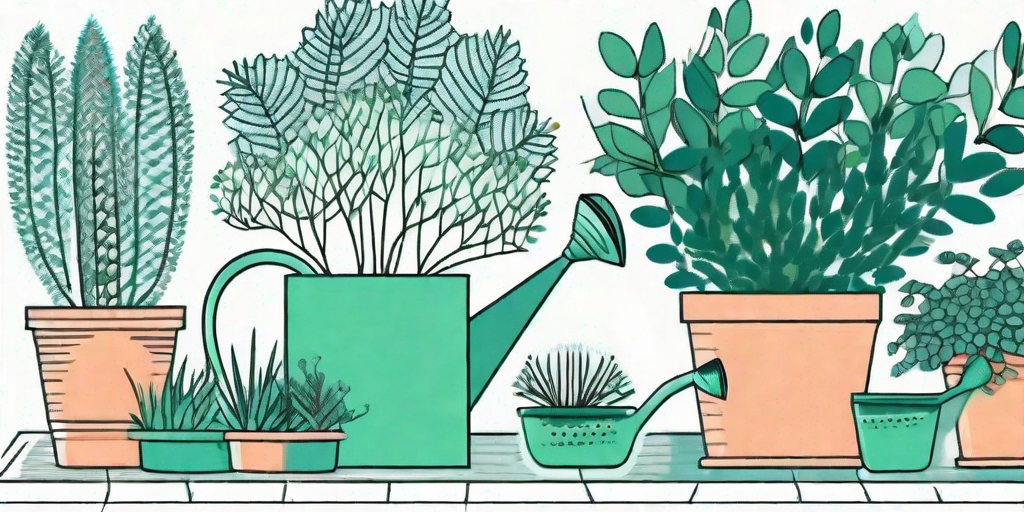
If you're a proud plant parent, you know that nothing can be more infuriating than seeing your leafy babies being invaded by those pesky aphids. These tiny, sap-sucking insects can turn your lush, green paradise into a wilting wasteland. But fear not, fellow green thumbs! We're here to arm you with all the knowledge you need to banish these bugs and keep your houseplants healthy and thriving.
Understanding Aphids: The Enemy at Hand
Before we dive into the battle strategies, let's take a moment to understand our enemy. Aphids, also known as plant lice, are small insects that feed on the sap of plants. They come in a variety of colors, including green, yellow, black, and even pink. They're like the chameleons of the pest world, but far less charming.
Aphids are particularly fond of new growth and can multiply rapidly, leading to large colonies that can seriously damage or even kill your plants. They also produce a sticky substance called honeydew, which can lead to the growth of sooty mold. In short, they're a nightmare for any plant lover.
The Signs of an Aphid Infestation
Knowing the signs of an aphid infestation can help you act quickly and save your plants. Look out for yellowing leaves, stunted growth, and a sticky residue on the leaves or surrounding surfaces. If you see ants around your plants, that's another sign – ants are attracted to the honeydew produced by aphids.
And of course, the most obvious sign is seeing the aphids themselves. They're usually found on the undersides of leaves, so make sure to check there regularly.
Preventing Aphid Infestations
The best defense is a good offense, as they say. Preventing an aphid infestation is much easier than dealing with one, so let's look at some strategies.
Firstly, keep your plants healthy. Aphids are more likely to attack stressed plants, so make sure your green friends are getting the right amount of light, water, and nutrients. Regularly inspect your plants for signs of aphids, especially when you bring new plants home.
Companion Planting
Companion planting is a great way to deter aphids. Certain plants, like marigolds and nasturtiums, are known to repel aphids. On the other hand, plants like dill and fennel attract beneficial insects that prey on aphids. So consider adding these to your indoor garden.
Another option is to plant 'trap crops' like mustard or calendula. Aphids are attracted to these plants and will flock to them, leaving your other plants alone. Just make sure to remove and dispose of the trap crops once they're infested.
Getting Rid of Aphids
Despite your best efforts, you might still find yourself dealing with an aphid infestation. But don't despair – there are several effective ways to get rid of these pests.
The simplest method is to blast the aphids off your plants with a strong jet of water. This can be done in the sink or shower, or with a spray bottle. Just be careful not to damage the plant in the process.
Homemade Aphid Sprays
If water alone isn't doing the trick, you can try a homemade aphid spray. A popular option is a soap and water mixture – just make sure to use a mild, non-detergent soap to avoid harming the plant.
Another option is a neem oil spray. Neem oil is a natural pesticide that's safe for most plants. Just mix a few drops with water and spray it on the affected areas.
Beneficial Insects
If you're not keen on playing the role of exterminator, you can recruit some beneficial insects to do the job for you. Ladybugs, lacewings, and parasitic wasps are all natural predators of aphids and can be a great help in controlling an infestation.
These beneficial insects can be purchased online or at garden centers. Just release them onto your infested plants and let them do their thing. It's like hiring tiny, winged mercenaries to fight your battles for you.
FAQs
- Can aphids harm humans or pets?
- No, aphids are not harmful to humans or pets. They're just a nuisance for plants.
- How quickly can aphids multiply?
- Aphids can multiply very quickly, with females able to produce up to 12 offspring per day. This is why it's important to act quickly at the first sign of an infestation.
- Can aphids infest indoor plants?
- Yes, aphids can infest both outdoor and indoor plants. They're particularly fond of houseplants because of the stable environment and lack of natural predators.
Conclusion
So there you have it – a comprehensive guide to understanding, preventing, and dealing with aphid infestations. With these tips, you'll be well-equipped to protect your houseplants and keep them healthy and thriving.
Remember, the key is to act quickly at the first sign of trouble. With a bit of vigilance and the right strategies, you can say goodbye to pesky aphids for good. Happy gardening!



